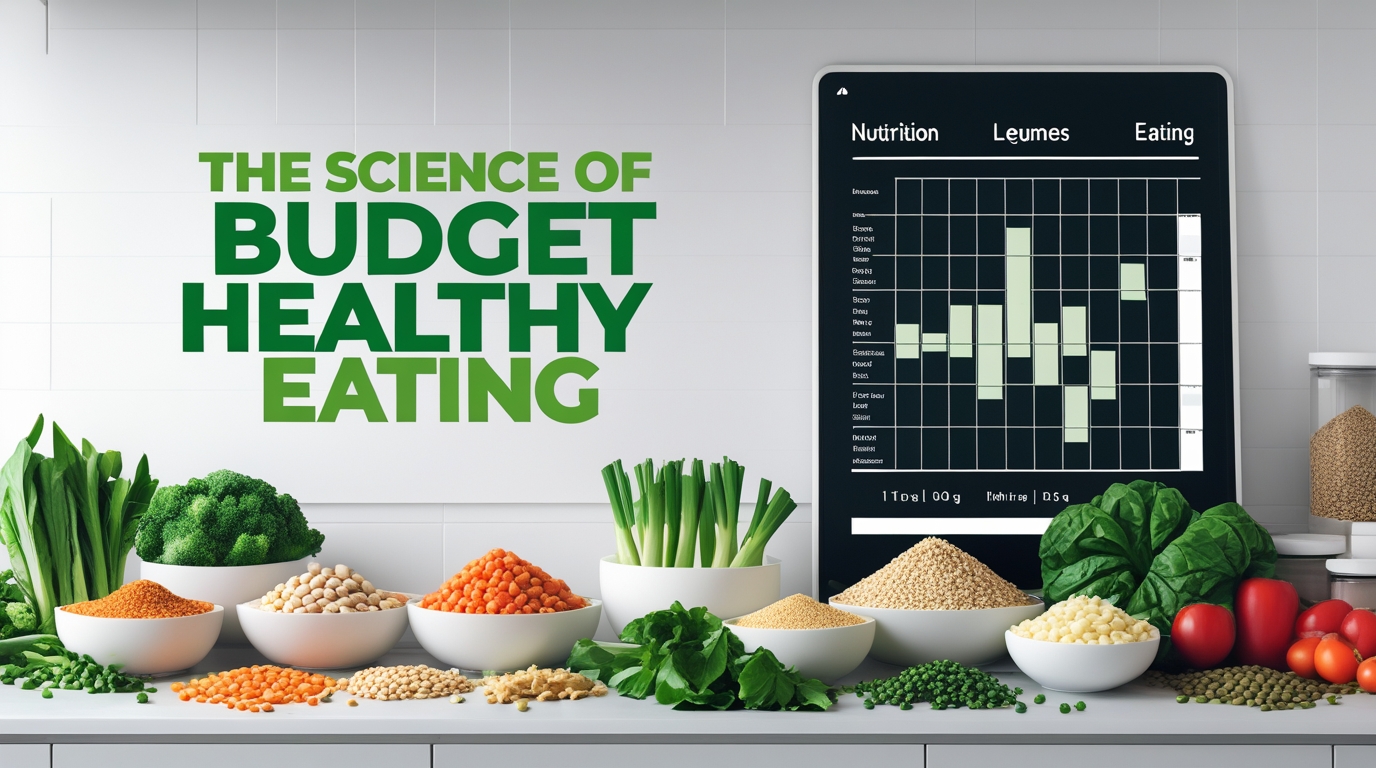
How to eat healthfully without breaking the bank. It’s a common misconception that nutritious meals are costly. In this blog, we’re going to debunk that myth. Get ready for a budget-friendly culinary adventure as we share tips, tricks, and creative recipes to nourish your body and wallet, whether you’re a college student, a family on a budget, or simply looking to save some extra cash while maintaining a nutritious diet. We’ve got you covered.
Budget-Friendly Healthy Eating Strategies:
Number one, plan your meals. Plan is your best friend. Take a moment each week to plan your meals and make a shopping list. This helps you avoid spontaneous, often unhealthy purchases and ensures you’re buying what you need. Plus, it can be a fun activity to do together with your partner.
Seasonal Picks for Fresh Savings:
Number two. Buying in season is one of the easiest ways to save money while eating healthy. Buy fruits and veggies in season, they’re not only fresher but also more affordable, plus cooking with seasonal Ingredients can add variety to your meals, making eating at home more exciting for you and your loved ones.
Batch Cooking:
Number three, Cook in bulk. Cooking in bulk is a Game-changer. When you have extra portions, you’re less likely to order takeout or dine out, which can beboth costly and less nutritious, plusleftovers make quick and easy meals onbusy days, saving you time and money.
Plant Power on a Budget:
Number four, Embrace plant-based proteins. Consider incorporating more plant-based proteins like beans, lentils, and tofu into your diet. They’re typically cheaper than meat and can be as satisfying when prepared right. Experimenting with these ingredients can also be a fun cooking adventure for couples.
Savvy Shopping Hacks:
Number five is Shop Smart, learn to read labels, and compare prices. Generic or store brand items are often just as good as name brands, but come at a lower cost. Also, watch for sales and discounts on Staple items like rice, pasta, and canned goods.
Waste Less, Save More:
Minimize food waste. Reducing food waste is not only suitable for your budget but also for the environment. Plan your portions to make sure your leftovers are good to get creative with using vegetable scraps, peels can be turned into broths, remembering waste is a valuable lesson to share with your partner and family.
Cook as a Team, Save as a Team:
Cook together cooking together can be a bonding experience, it’s a chance to work as a team, try new recipes, and enjoy each other’s company. It can save you money compared to eating out.
Smart Snacking for Less:
Smart snacking can add up both in terms of cost and calories. Instead of buying prepackaged snacks, consider making your own. For example air air-popped popcorn is a healthy budget budget-friendly option, and having a bowl of fresh fruit on the counter makes it more likely you’ll grab that instead of chips.
Local Markets, Big Savings:
Shop at local markets, local farmers’ markets, or Community co-ops. Often offer fresh, affordable produce you can save money and support your community by buying from local sources.
Transform Leftovers into New Meals:
Utilize leftovers creatively. Get creative with using leftovers to create new meals. For example, yesterday’s roasted vegetables can become today’s vegetable stir fry, which minimizes food waste and maximizes your budget-friendly meal options.
Conclusion:
Eating healthy on a budget is achievable, it’s about making intelligent choices, planning, and getting creative in the kitchen. When you eat well, you take care of your body and nurture your relationships, so let’s remember that eating together is not just about the food but our love and connection.
FAQs:
1. Is eating healthy really more expensive?
No, with planning and smart shopping, nutritious meals can be affordable and even cheaper than processed foods.
2. How can meal planning help save money?
Planning meals prevents impulse buys, reduces food waste, and ensures you only purchase what you need.
3. What are some budget-friendly protein options?
Beans, lentils, tofu, and eggs are affordable, nutritious, and versatile sources of protein.
4. How does buying seasonal produce help?
Seasonal fruits and vegetables are fresher, tastier, and usually cost less.
5. What’s the best way to reduce food waste at home?
Use leftovers creatively, plan portions carefully, and repurpose scraps into soups or broths.
6. How can cooking together help a family or couple save money?
Cooking as a team reduces dining-out costs, strengthens relationships, and makes healthy eating fun.